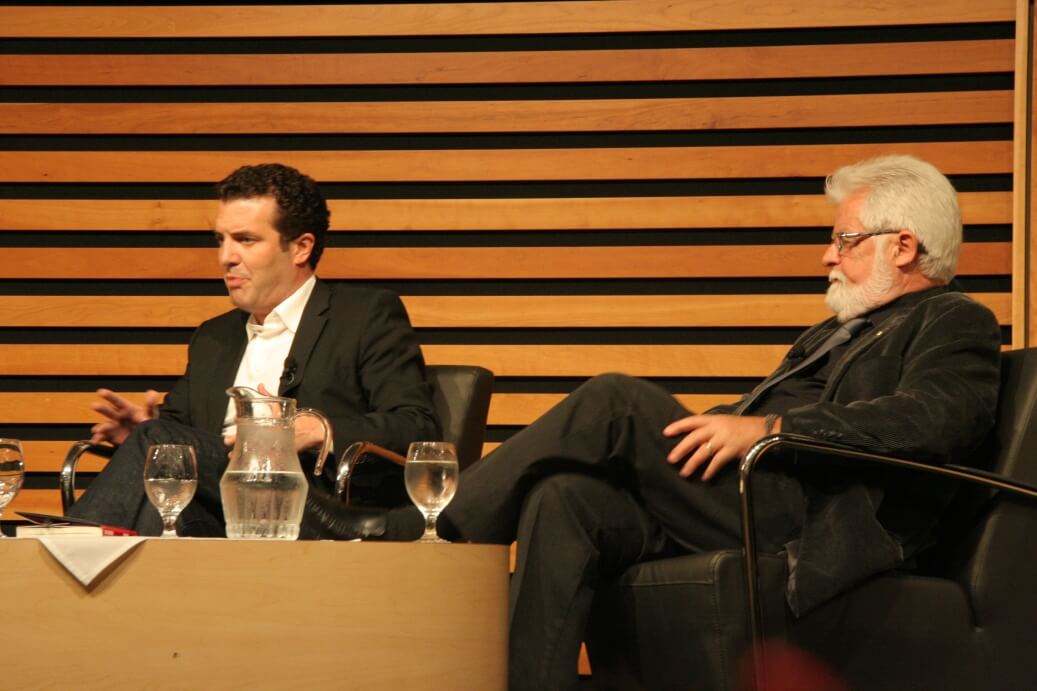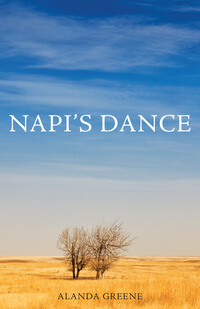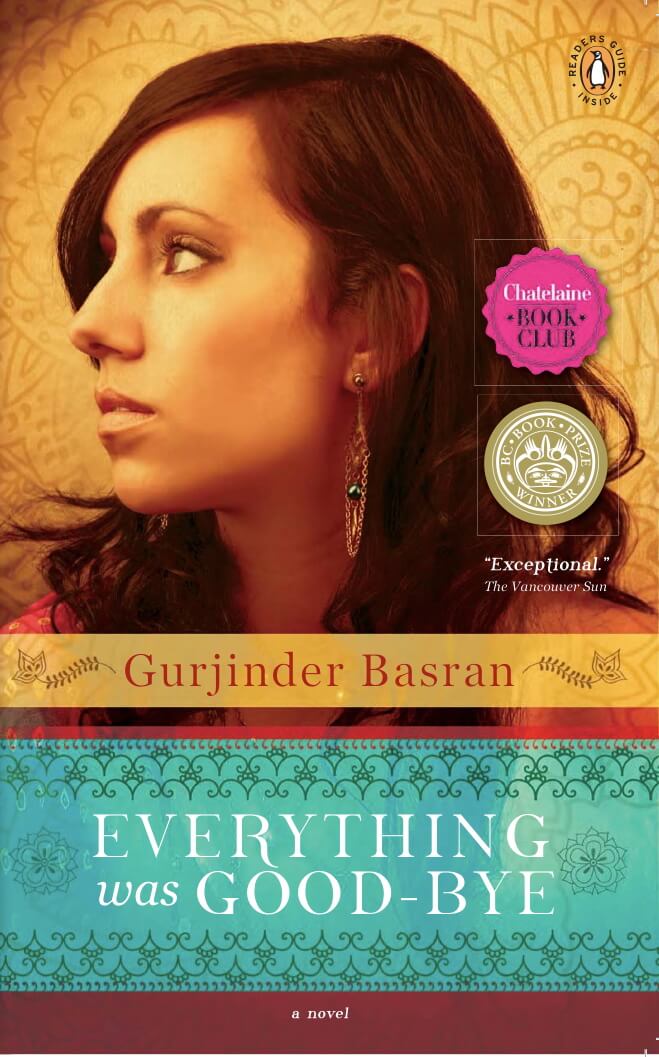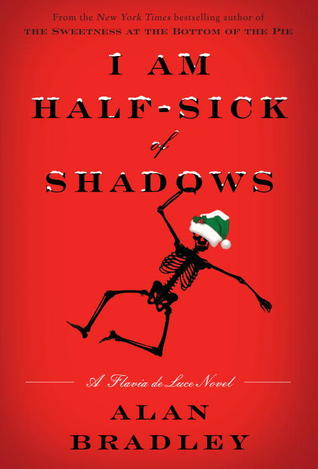Ava herself is one of my favourite new characters. She’s just got it together, and I love that she can by turns break noses and charm foreign diplomats, that if she needs to promise hundreds of thousands of dollars or blackmail sleazeballs, she doesn’t balk.

“I need to locate Seto. You know where he is, or at the very least how I can contact him. You have two options. You tell me what I want to know, or I’m going to make a hundred copies of that photo…and send them to your wife, your kids, your Atlanta neighbours, your parents, any siblings you have, your in-laws, and anyone you’re doing or have ever done business with.”
– The Water Rat of Wanchai, Ian Hamilton
I first caught wind of the mysterious Ava Lee on a subway poster advertising her adventures in the book The Wild Beasts of Wuhan, by Ian Hamilton. Ava is fearless, sexy, and lethal, the poster proclaimed, not to mention her profession: she’s a forensic accountant. Yay?

That was enough to pique my interest. Wuhan is the third book in Hamilton’s Ava Lee series, which are currently being published two a year. I picked up last year’s debut of the series The Water Rat of Wanchai to see what all the fuss was about. With an ass-kicking main character, an intriguing conundrum to solve, and a setting that encompasses Toronto, Seattle, Hong Kong, Thailand, Guyana, and the British Virgin Islands, Water Rat is off to a good start.
Ava is no ordinary accountant. Born in China to a successful businessman’s second wife (he has three families, each on a different continent) and brought up in a rich Chinese-Canadian community just north of Toronto, Ava Lee is extraordinary right from the start. Educated at a posh girls’ school, a disciple of bak mei, a traditional, exclusive, and highly lethal form of kung fu, fashionable and label-obsessed, gay, globe trotting, and bored with traditional accounting, Ava defies categorization. She and an older family friend, whom she respectfully refers to as “Uncle,” run a forensic accounting business: they will recover huge amounts of appropriated money for a modest one third of what they recover. And they’ll do it by any means necessary. Continue reading “Kicking Ass and Accounting for Cash: a review of The Water Rat of Wanchai by Ian Hamilton” →









